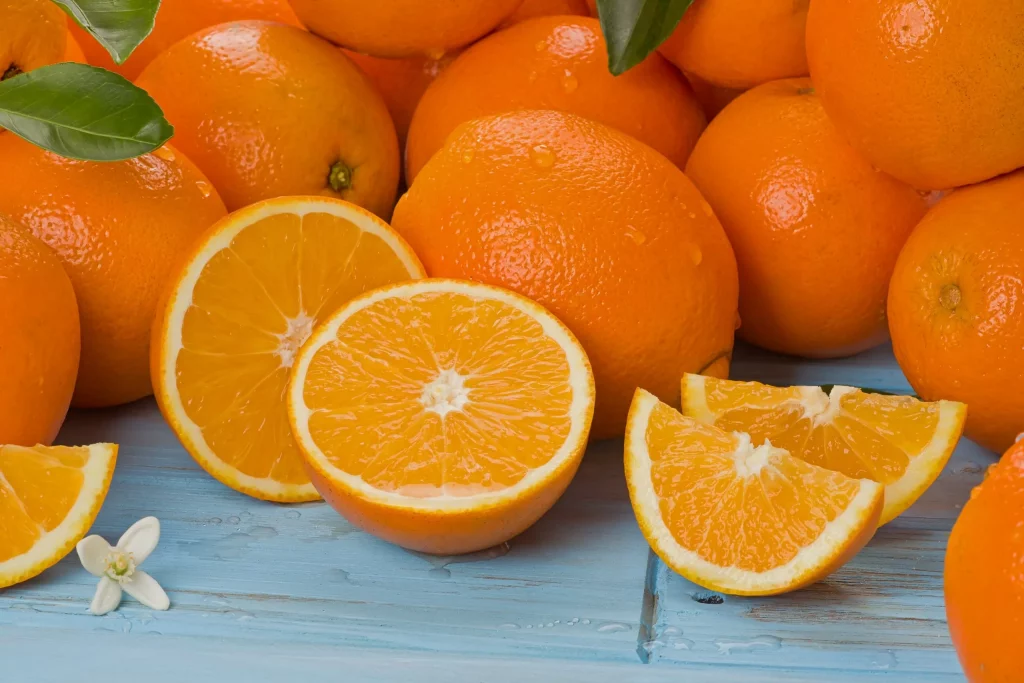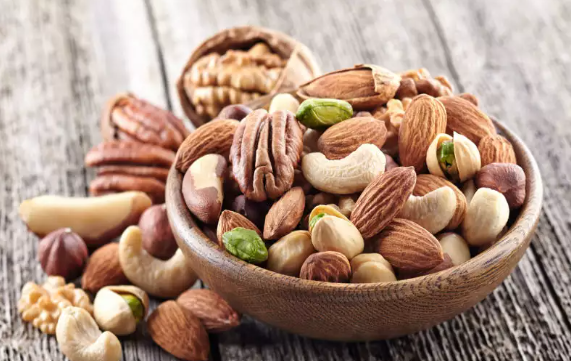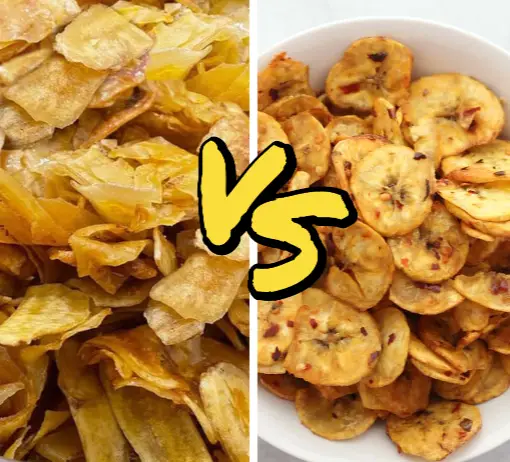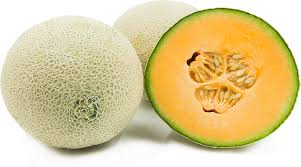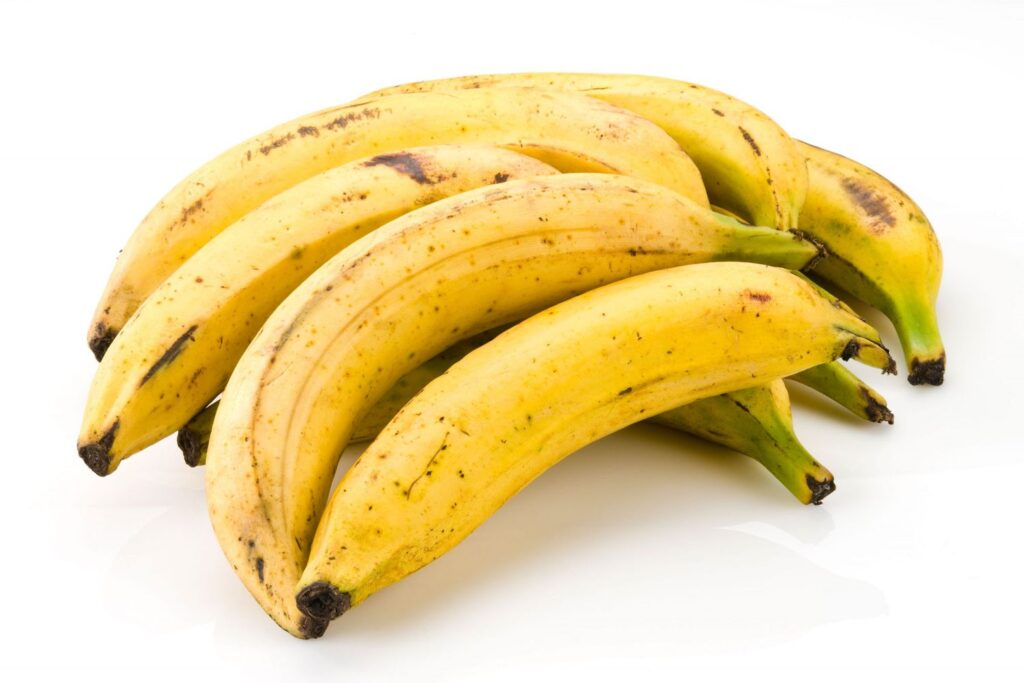There’s nothing quite like biting into sweet, ripe fruit. The lush taste of a peach or the refreshing quality of watermelon is something many of us love. The sweetness in fruits really catches our attention.
So, where does this delicious sweet taste come from? In this piece, we’ll take a deep look at what makes fruit sweet, uncovering all the bits that lead to that tasty joy we experience with every bite.
Table of Contents
- Unveiling the Source of Fruit’s Sweetness
- The Play Between Fruit Acids and Sweetness
- Aroma’s Role in Fruit Flavor
- How Maturity Impacts Fruit Sweetness
- The Process of Fruit Ripening
- Enzymes and Their Sweet Contributions
- How Climate Affects Fruit Sweetness
- Getting the Balance Right: Sweetness and Acidity in Fruits
- The Right Time to Pick: Harvesting and Post-Harvest Care
- Why Some Fruits Taste Sweeter Than Others
- Making Fruit Sweeter: Selective Breeding and Agricultural Practices
- Understanding Artificial Sweeteners
- Fruit Sweetness and Health
- Conclusion
- FAQs
- Are all fruits equally sweet?
- Can fruits become too sweet?
- How does sunlight affect fruit sweetness?
- Can fruit sweetness be enhanced through genetic modification?
- Are artificially sweetened fruits healthy?
- What are some examples of fruits with natural variations in sweetness?
- Is sweetness the only factor that determines fruit quality?
- Can the sweetness of a fruit change with cooking?
Unveiling the Source of Fruit’s Sweetness
Fruit gets its sweet taste mainly from sugars – three kinds in fact. These sugars are called glucose, fructose, and sucroses. Each sugar has a hand in giving the fruit its own unique sweet taste.
Glucose is a simple sugar. It’s also known as blood sugar and our body uses it quickly for energy.
Fructose is often called fruit sugar since it’s very common in fruit and is the most naturally sweet sugar.
Sucrose is what we usually think of as sugar. It’s a mix of glucose and fructoses, and it’s what gives fruit that familiar sweet taste we know and love.
The Play Between Fruit Acids and Sweetness
It’s not just sugars that matter; fruit acids are important for how sweet a fruit tastes too. They give the burst of tang or tartness and work together with sugars to strike a balance that makes fruit taste even better.
Different fruits have different acids, like citrus fruits having citric acid, and apples having malic acid. These acids can change how we sense the sweetness of a fruit, with the right amount making everything taste perfect.
Aroma’s Role in Fruit Flavor
Another part of the sweetness puzzle are the aromatics in fruits. These are like the smells that come from fruit when it’s ripe. They can be esters or aldehydes, and they are a big reason why fruit smells and tastes so good.
A good smell can make fruit seem even sweiter. Think about the scent of a ripe mango or strawberry – it’s not just about the taste, but the smell too that makes them irresistible.
How Maturity Impacts Fruit Sweetness
Ever wondered why some fruits get sweeter as they ripen? It’s because as fruit ripens, it turns its stored starches into sugars. That’s why it’s crucial to pick fruit at the right time for the best sweetness.
If you pick fruit too soon, it may not be sweet enough. But if you wait too long, the fruit can get overripe and lose its nice texture.
The Process of Fruit Ripening
Turning from a small, unripe fruit into a sweet treat is no simple thing. Several factors impact this, with a gas hormone called ethylene being a big one. It tells the fruit it’s time to start ripening, which leads to more sugars and more sweetness.
Enzymes and Their Sweet Contributions
Enzymes play a big role in making fruit sweet. They’re like the workers in the fruit that break down complex sugars, turning them into the simpler ones that taste sweet.
One enzyme, invertase, is especially good at making sucrose into glucose and fructose, contributing to the sweetness of ripe fruit.
How Climate Affects Fruit Sweetness
The weather where fruit grows impacts how sweet it gets too. Warmer weather helps fruit make more sugar, which leads to sweeter tasting fruit.
Colder weather can slow down sugar production, so the fruit might not taste as sweet. The moisture in the air can also change how the fruit’s taste and smell develop.
Getting the Balance Right: Sweetness and Acidity in Fruits
While we all like sweet fruit, the taste isn’t just about the sugar. The right mix of sweet and acidic can make fruit taste even more amazing.
Fruits like oranges and lemons have more acid to balance out the sweetness. The right pH level in fruit also helps to give a good flavor that we enjoy.
The Right Time to Pick: Harvesting and Post-Harvest Care
Picking fruit at just the right time is important for making sure it’s as sweet as it can be. Fruit that’s picked when it’s fully ripe will have the right amount of sugar and the best taste.
After the harvest, taking care of the fruit properly is key. The wrong storage conditions can cause sugars to break down and the fruit to become less sweet.
Why Some Fruits Taste Sweeter Than Others
Not every fruit is equally sweet. Even the same type of fruit can vary in how much sugar it has and how sweet it tastes.
Things like the fruit’s variety, where and how it’s grown, and when it’s eaten all influence how sweet it feels. A banana that’s fully ripe, for example, will be sweeter than one that’s still green because more of its starches have turned into sugars.
Making Fruit Sweeter: Selective Breeding and Agricultural Practices
People have been trying to make fruit sweeter for a long time by picking the plants that make the sweetest fruit to breed from. These efforts have led to many varieties of fruit that have enhanced sweetness.
By choosing the правильные растения“`html
By using different methods such as selecting fruit varieties with naturally high sugar levels, fruit breeders can cultivate new types of fruit that are especially sweet. Another way to improve the taste of fruits is through good gardening practices. For example, ensuring the soil is rich in nutrients and that the fruits get plenty of sun can really make a difference in how sweet they taste.
Understanding Artificial Sweeteners
Artificial sweeteners are made in labs, and they’re not from fruits, but they’re a big part of how we think about sweet things. They don’t have calories, so people who want to avoid extra calories choose them to add sweetness to their food and drinks.
They might taste similar to sugar, but artificial sweeteners don’t give you the same goodness that natural sugars from fruit do, like vitamins and minerals. It’s good to know the good and not-so-good things about these sweeteners so we can decide whether to include them in what we eat and drink.
Fruit Sweetness and Health
Sweet fruits are not only delicious but also packed with helpful things like vitamins, minerals, and fiber. These are all important for keeping us healthy. Eating sweet fruits is great, but it’s best to have them as a part of a balanced diet that includes a variety of foods.
Having too much sugar, though, isn’t good for us. It can lead to gaining weight and other health problems. The key is to enjoy sweet fruits while also eating different kinds of food to stay healthy.
Conclusion
Knowing where fruit sweetness comes from helps us enjoy and value nature’s treats even more. And when we pick fruits to eat, this knowledge can help us make choices that are good for our taste buds and our health.
Next time you enjoy a sweet fruit, take a little time to think about all the things that had to happen for that deliciousness to reach you.



